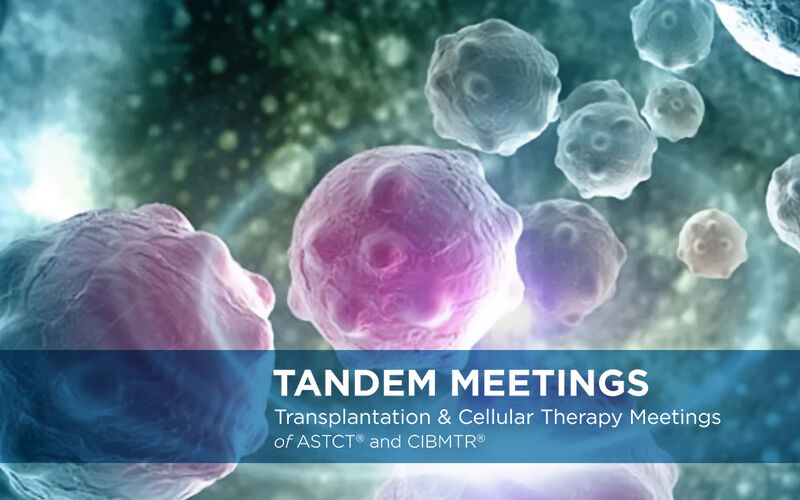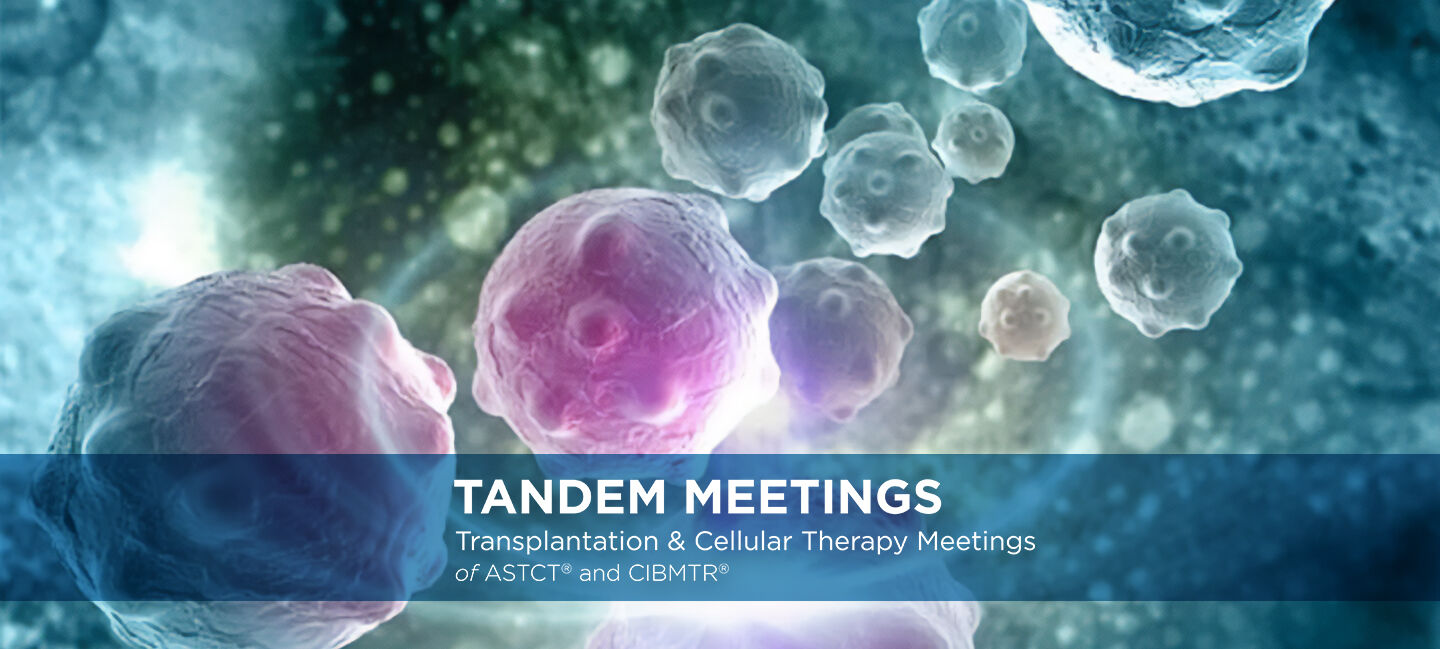Moffitt Experts Recommend New Guidelines for CAR T-Cell Therapy Trials
Researchers from Moffitt Cancer Center are recommending changes on how to define serious side effects in clinical trials for CAR T-cell therapy. They believe current guidelines may cause promising treatments to be abandoned too soon, preventing patients from accessing potentially lifesaving options. The findings were presented at the 2025 Tandem Meetings.
LIVE from #Tandem25: The Meet the Authors Poster Reception is in full swing! Don’t miss the chance to chat with Moffitt’s experts about groundbreaking research in hematopoietic cell transplantation (HCT), cellular therapy, and gene therapy. #MoffittTandem25 pic.twitter.com/wV20Pp3CBq
— Moffitt Cancer Center (@MoffittNews) February 14, 2025
Researchers looked at cases where patients experienced severe side effects but recovered with proper medical care. Their findings suggest that some clinical trials may be stopped prematurely, limiting the development of new CAR T-cell therapies.
CAR T-cell therapy is a type of immunotherapy that uses a patient’s own genetically modified immune cells to attack cancer. It has been effective in treating certain types of blood cancers, especially in patients who have not responded to other treatments. The therapy can cause serious side effects, such as high fevers, confusion and low blood pressure. These reactions can sometimes be severe but are often treatable with the right medical care.
The U.S. Food and Drug Administration provides guidelines for defining when these toxicities become dose-limiting, meaning they are considered too dangerous to continue a trial at a certain drug dosage. But according to the study’s authors, these definitions may be too strict. The researchers suggest that by using more flexible guidelines, scientists could continue testing new CAR T-cell therapies without putting patients at unnecessary risk.
“Our goal is to inform clinical investigators, clinical development teams and regulatory agencies about acceptable safety limits for new CAR T-cell treatments for cancer,” said Fred Locke, MD, chair of the Blood and Marrow Transplant and Cellular Immunotherapy Department at Moffitt and lead author. “We don’t want to stifle or prevent innovative treatments from reaching patients due to manageable toxicities.”
The panel’s recommendations suggest updating the grading system for toxicities and redefining what qualifies as a dose-limiting side effect. This would allow researchers to continue testing CAR T-cell therapies while ensuring that dangerous reactions are still properly addressed.
“Early-phase clinical trials are important because they help scientists determine the right dose for new treatments,” Locke said. “If a trial is stopped too soon due to strict side effect guidelines, a therapy that could have been effective may never reach patients who need it.”
CAR T-cell therapy has already changed the way some cancers are treated, and researchers believe it has the potential to help even more patients in the future. By improving the way side effects are handled in clinical trials, experts hope to speed up the development of new treatments while keeping patient safety a top priority.




